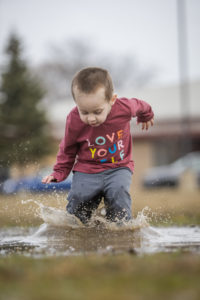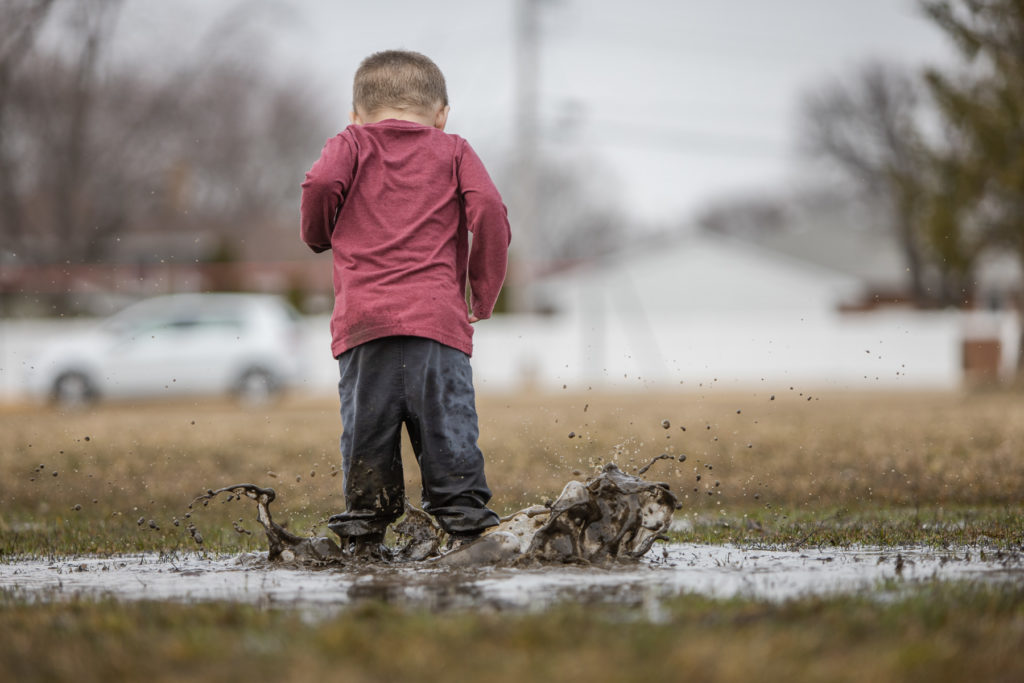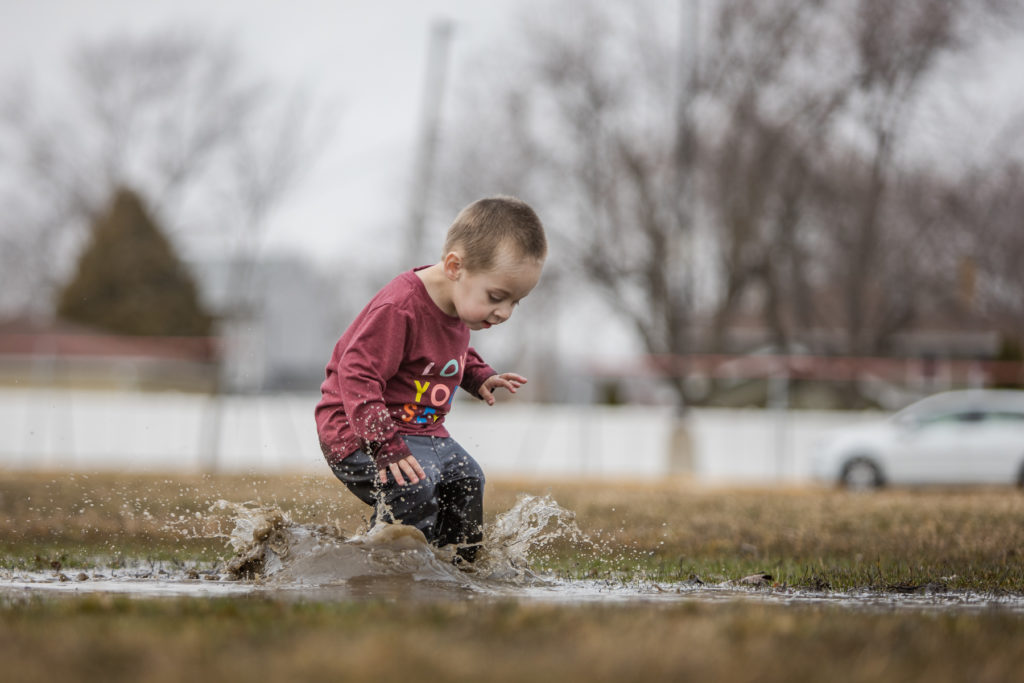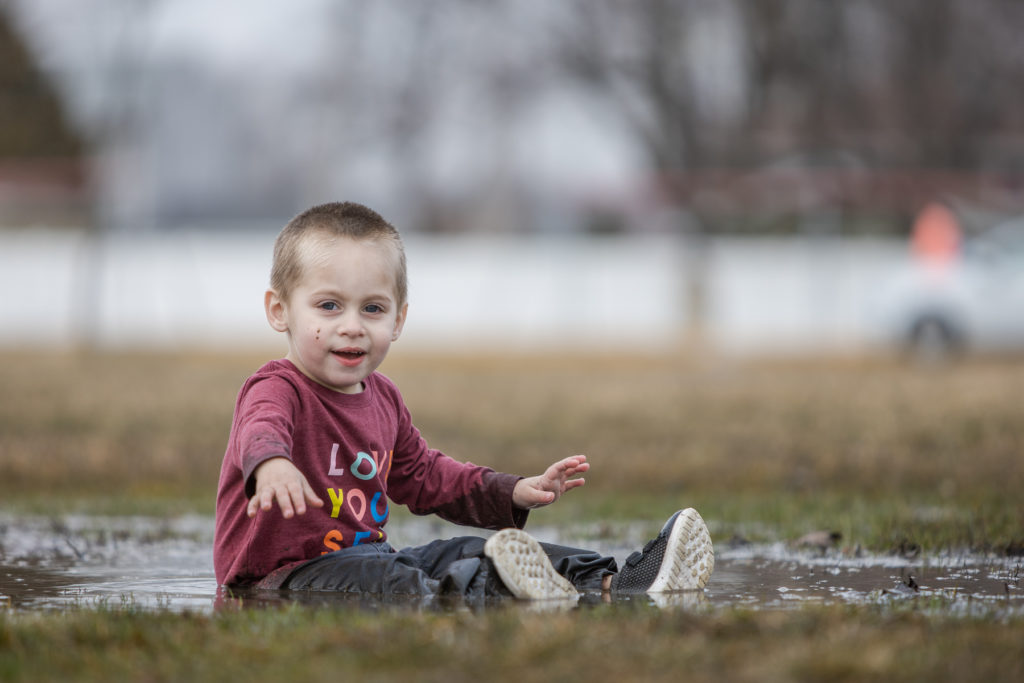Wild Wonders | Saturday, April 27

Wild Wonders | Saturday, April 27

By Alix Tonsgard, MS, Early Learning Specialist, DuPage Children’s Museum

If you know the Museum or you know me, you know that we are passionate about play and how play supports children’s development at all stages of life. As a passionate advocate for play I talk to people about play a lot. I talk to parents, teachers, day care providers, friends, museum colleagues, college students, and even children. The one thing that is apparent in all of these conversations is that play, something that sounds so simple, so fundamental, is actually really complicated.
For starters there are many different types of play. There’s dramatic or pretend play; there’s building and making and creative play; there’s the type of play that involves sports or games. The list goes on. I am not here to make a case for the value of one type of play over the other. I believe that each type of play is valuable in its own way, but I think that one of the most significant connectors of each type of play lies in the word fun. At the core of any play activity is this emotional undercurrent. Some might identify it as pleasure, enjoyment, or fun.
But when I ask adults to share with me memories of playing as children, they almost always talk about outdoor play, and so often they get a twinkle in their eyes when they talk about splashing in puddles, making mud pies, and doing what my mom has always referred to as mucking about. I know some people wonder what the value of this type of play is. In fact, I could see people asking themselves that question in the looks I received recently as I stood in the rain and let the little guy in my life drive his trucks through a mountain of mud.
It’s that intrinsic motivation, that natural drive to explore and discover. In the photos of the little guy below, you might see a wet, muddy mess. What I saw in that moment was a little guy learning about the world–a child who saw something that sparked a question that stimulated his curiosity and ignited his need to seek out an answer to that question. This is scientific thinking at its finest! It is this type of intellectual engagement through hands-on exploration that makes learning meaningful.



Full disclosure: even though I was one of those children that danced barefoot in the rain in summer and loved mucking about, on the day that my little guy had his trucks in the mud, standing outside was the last place that I wanted to be. It was not particularly warm out, it was early in the morning, and I was not properly caffeinated. However, as I watched him play, I reminded myself how much I’d loved doing those things as a child. At DCM this intrinsic drive to answer “what would happen if I….” or “I wonder…” and to stimulate an exploration to understand the world is at the core of everything we do, reminding me that having these experiences in and outside of the Museum are so important.
Sometimes as adults we need to push ourselves outside of our comfort zones and remind ourselves to slow down and be in the moment. Was there a mess to deal with after it was all said and done? Sure was, but a warm, soapy bath took care of it in a jiffy and the conversation around what took place in our mud exploration was priceless.
So today I challenge you to think of a memory of play from when you were a child. Do you let your child have those experiences? Maybe it’s time to push yourself outside of your comfort zone or channel your three-year-old self and get lost in the moment.
——————————————–
About Alix
Alix Tonsgard is the Early Learning Specialist at DuPage Children’s Museum. She holds an MS in Child Development from the Erikson Institute. Acting as the Museum’s advocate for early childhood development and learning, she ensures that the latest research in Early Childhood Education is represented in all Museum exhibits, professional development initiatives, and public programs.

